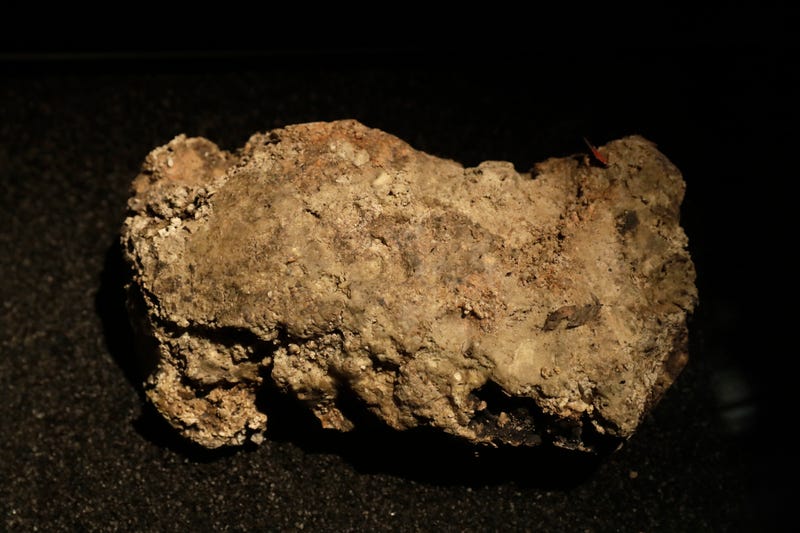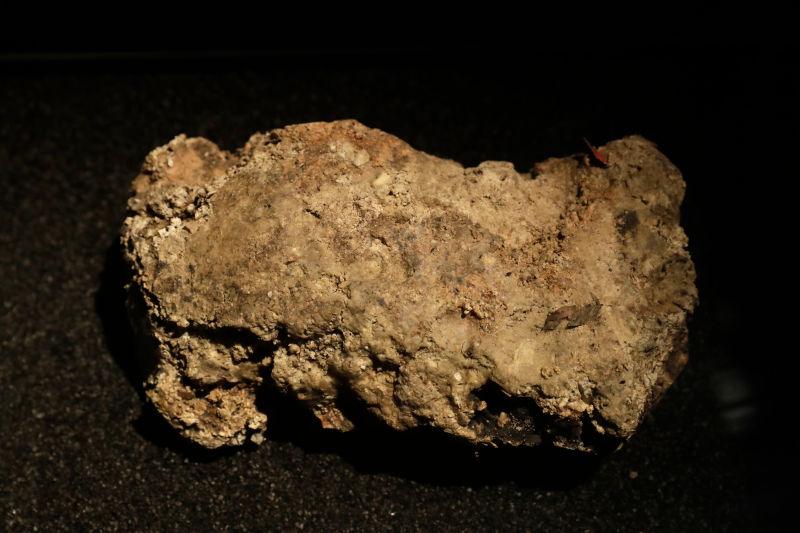
Science isn’t the sexy, glamorous career Hollywood makes it out to be. Researchers aren’t sexily glancing into microscopes for a few second only to immediately save the day. In real life, the true hero scientists are the ones who crawl through sewers and see answers to our energy needs in lumps of grease and shit.
A team of Canadian researchers found a new way to turn one of the most disgusting byproducts of 21st century life into biofuel. Enter, the ‘fatburg.’ A fatburg is what happens when cooking oil, grease, and bunch of unflushable items, like wet wipes and condoms, come together in sewers to create masses of coagulated filth, as Smithsonian.com lovingly explains. Many cities are dealing with fatburgs; most famously London, which tackled a 147-ton fatburg which completely blocked the sewer system under the Whitechapel neighborhood just last year.
These things are nasty pieces of work, but even these globs can serve a purpose. Scientists have discovered an extremely efficient way to convert the ‘burgs into biofuel. By heating the fatburgs to between 90 and 110 degrees Celsius and then adding hydrogen peroxide to break down the organic matter, you produce a product that bacteria can then slurp up. These bacteria create methane, also known as natural gas.
Using oil and grease to create biofuel is nothing new. It’s why biodiesel hobby cars exhaust smell like French fries, as they frequently get their grease straight from restaurants. Creating methane from waste is also already utilized by several industries, like agriculture, as a free power source. Natural gas currently accounts for 30 percent of the energy used in the U.S., according to the U.S. Department of Energy. This new process, however, would allow users to process more waste and harness more energy. It’s also a very effective way to break up the fatburgs that are plugging up our sewers.
The process is still very new, and a cost-benefit analysis would be required before any large scale processing could occur. Still, it would be a fascinating option for our energy needs, especially in cars.













